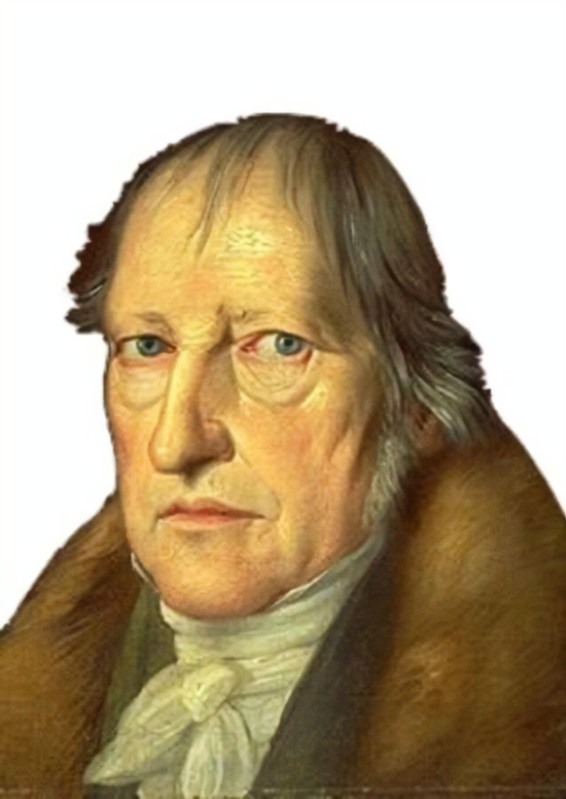Giovanni Zanotti
Università. di Brasilia (giovanni.zanotti86@gmail.com; ORCID: 0000-0001-8800-
Uneven and Combined: The Reinterpretation of the Dialectic in Brazilian Critical Theory
Abstract: This article briefly introduces three texts from the tradition of Brazilian critical theory, whose Italian translations are presented here for the first time: Roberto Schwarz’s inaugural essay As ideias fora do lugar (“Misplaced ideas”, 1972), Paulo Arantes’s A fratura brasileira do mundo (“The world’s Brazilian fracture”, 2001), and a recent scholarly contribution by Luiz Philipe de Caux and Felipe Catalani. Following the reconstruction of the Brazilian debate on the “point of view of periphery” offered by Arantes himself in his Sentimento da dialética (“A feeling of dialectic”, 1992), the article shows how an original conception of negative, non-progressive dialectic emerged in the 20th century based on reflections about the peculiar nature of social experience in Brazil. The initial “dualist” idea of a country split between the distinct temporalities of “progress” and “delay” was sublated by literary critics Antonio Candido and Roberto Schwarz into an understanding of the specific dialectic of post-colonial society as a key to illuminate the contradictions of global capitalism. Starting from their insight, Arantes then elaborated a diagnosis of the neoliberal era as a collapse of modernity’s civilizational potential, expressed by the so-called “Brazilianization of the world” as an ironic final convergence of “center” and “periphery”.
Keywords: Roberto Schwarz; Paulo Arantes; Brazilian Critical Theory; Periphery; Neoliberalism.

